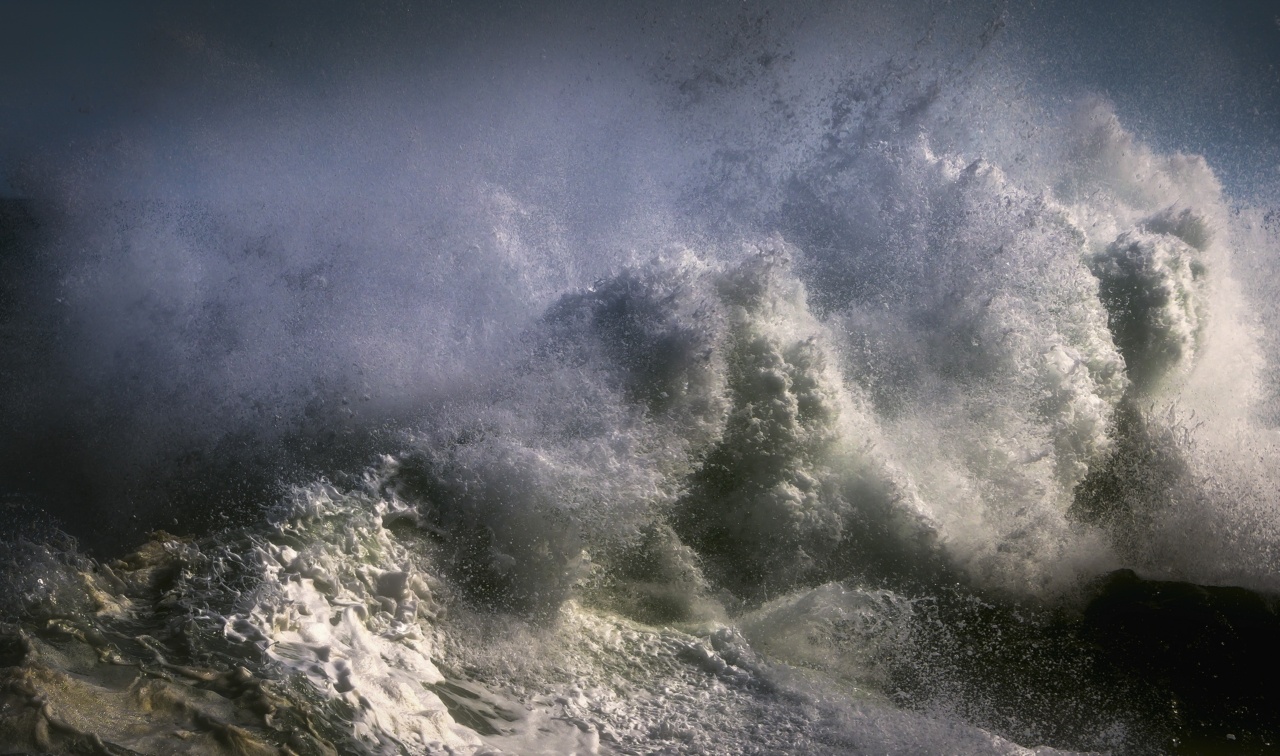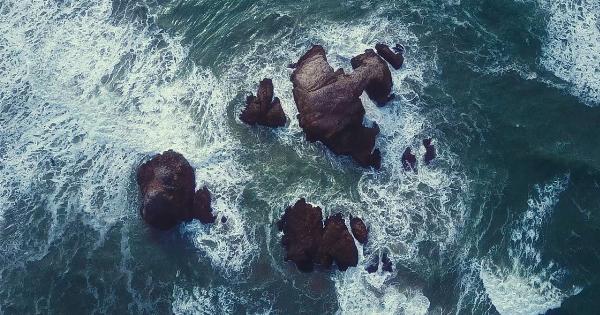The ocean is a vast and mysterious expanse, covering over 70% of the Earth’s surface. Beneath its rippling waves lies a potential solution to one of the most devastating diseases of our time – AIDS.
Scientists and researchers are exploring the untapped potential of the ocean to discover new treatments, preventions, and possibly even a cure for this global epidemic. In this article, we will explore the waves of possibility in harnessing the power of the ocean in the war on AIDS.
The Ocean’s Pharmacy
The ocean has long been regarded as a treasure trove of natural resources. From its depths emerge compounds and organisms with incredible medicinal properties that have the potential to combat various diseases.
Scientists have already tapped into the ocean’s pharmacy for treatments of cancer, malaria, and other ailments. Now, they are turning their attention to AIDS.
Marine Organisms and AIDS
Marine organisms have evolved unique defense mechanisms to survive in harsh underwater environments. It is precisely these adaptations that make them suitable candidates for potential HIV/AIDS treatments.
For instance, scientists have discovered that certain species of marine sponges produce chemicals that inhibit the replication of the HIV virus. These compounds could serve as a foundation for new antiretroviral drugs.
Coral Reefs and HIV Prevention
Besides searching for treatments, scientists are also exploring the role of coral reefs in preventing the spread of HIV. Coral reefs are known for their incredible biodiversity, hosting a vast array of microorganisms.
Some of these microorganisms produce antimicrobial peptides that have the potential to kill the HIV virus. Researchers are studying these peptides to develop microbicides that can be used as a preventive measure against the transmission of HIV.
Deep-Sea Exploration
The depths of the ocean hold immense potential for groundbreaking discoveries in the fight against AIDS. Deep-sea exploration has unveiled a plethora of unique organisms and compounds that could revolutionize HIV/AIDS research.
Researchers have identified bacteria from hydrothermal vents that produce enzymes capable of degrading the viral proteins of HIV. These enzymes could pave the way for targeted therapies that disrupt the lifecycle of the virus.
Unlocking the Ocean’s Secrets
While the ocean offers promising avenues for combating AIDS, there are numerous challenges in harnessing its power effectively.
One major obstacle is the vastness of the ocean itself, making exploration and identification of potential drugs a daunting task. Additionally, funding limitations and the conservation of marine ecosystems pose further obstacles to realizing the full potential of the ocean in the war on AIDS.
Collaborative Efforts and Partnerships
To overcome these challenges, scientists, governments, and organizations are joining forces to accelerate research in this field.
Collaborative efforts between marine biologists, virologists, pharmacologists, and other experts are essential in developing and translating discoveries into effective treatments. Furthermore, partnerships with pharmaceutical companies, NGOs, and governments can help secure the necessary resources and funding for ocean-based AIDS research.
Preserving Marine Ecosystems
As we delve deeper into the ocean’s realms to find new weapons against AIDS, it is imperative to ensure the preservation and sustainability of marine ecosystems.
Protecting and conserving coral reefs, ocean habitats, and endangered marine species is crucial for maintaining the delicate balance of the ocean’s biodiversity. Ethical and responsible exploration must go hand in hand with scientific advancements.
The Road Ahead
The ocean holds immense potential in the fight against AIDS. By harnessing the power of marine organisms, exploring the depths of the sea, and forging collaborative partnerships, we can pave the way for groundbreaking advancements in HIV/AIDS research.
With continued dedication and support, we may one day find ourselves riding the waves of possibility towards an AIDS-free world.































